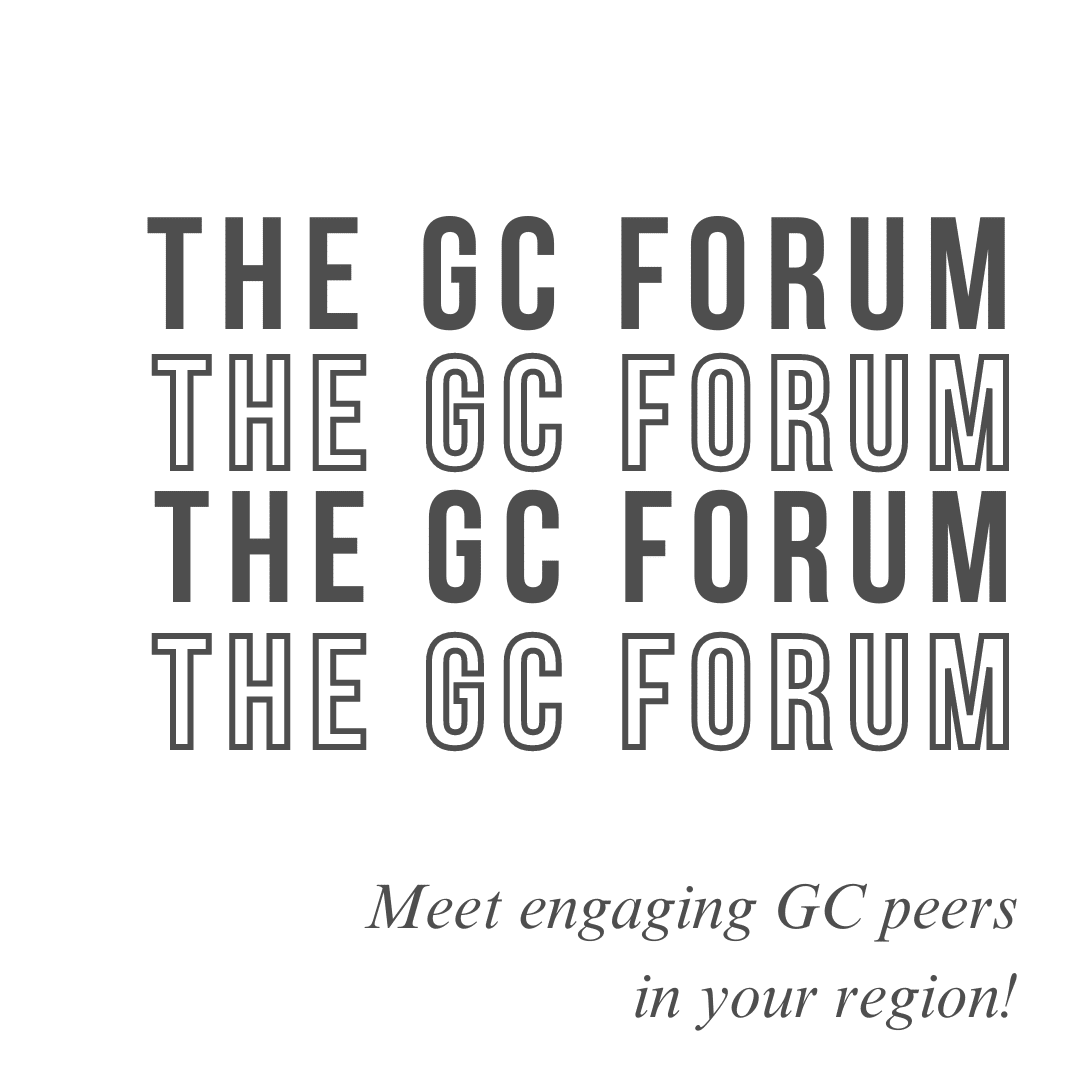As we all move into 2024, front and center are your aspirations to grow and change. While change can be unnerving, the curveballs 2024 will throw your way don’t have to catch you unprepared.
Creating a legal department strategic plan ensures you have a common direction to move toward in the coming year. It outlines specific, actionable steps, resource allocation, and KPIs to measure your results.
Learn how to create a legal department strategic plan that will fuel your growth and prepare you for any challenges that may appear along the way.
Key Takeaways:
- Legal department strategic plans unify your team under common goals.
- Use data to analyze past, current, and future performance.
- Use technology and cross-functional processes to improve your plan’s efficiency.
Why Should You Create a Legal Department Strategic Plan?
A strategic plan is your roadmap that provides the most efficient path from point A to point B. It outlines the steps and strategies to implement them.
Benefits of a legal department strategic plan include:
- Unifying departments
- Boosting productivity
- Staying on budget
- Ensuring legal compliance
- Eliminating bottlenecks
- Consistency in processes
- Supporting communication
10 Steps to Create a Legal Department Strategic Plan
Use these 10 steps to develop a consistent, efficient legal department strategic plan.
Step 1: Perform a Comprehensive Assessment
Before planning forward, step back and look where you came from.
A comprehensive assessment reviews your current legal department’s performance. You check how well you’re meeting budgets, how productive teams and processes are, and what tasks you can perform.
Assess your strengths, weaknesses, and growth opportunities, considering regulatory changes, industry trends, new legal technology, and emerging legal challenges.
Morae offers legal department assessments too, if you should need some expert assistance to help guide the process.
Step 2: Define Clear Goals and Objectives
Begin your legal strategic planning with a clear understanding of the legal industry and your position in it. The best place to start is at the end, so you know where you want to end up.
Define clear goals with specific outcomes you can measure and achieve within a set timeframe. For example, if enhancing ESG commitment is your goal, set quantifiable targets for reducing emissions and trash while investing a percentage more into social causes.
Link each goal to a motivating factor to inspire team engagement. Without a motivating factor, your team will have no reason to care about the goal, giving you a challenging time implementing the plan.
Your objectives are smaller steps that will help you achieve your overarching goal.

Step 3: Align with Current Strategies
Ensure your new strategic plan complements existing plans.
Look for ways to overlap your plan with current functions or processes or create new strategies that don’t hurt what’s already working.
You should also consider company-wide goals and align your strategic plan with your business’s objectives, such as growth goals or ESG goals.
Step 4: Prioritize Objectives
As you list your objectives, prioritize them from most important to least. The most important objectives are time-sensitive, budget-sensitive, or have the most significant impact.
Prioritizing helps you allocate attention effectively and meet deadlines.
Step 5: Develop Actionable Steps
Transform each objective into actionable steps.
For example, to improve regulatory compliance, create a step-by-step process for incorporating a compliance management system.
Each step in your strategy should include the following:
- A detailed action plan
- Task outline
- Responsibilities
- Deadlines
- Required resources
Step 6: Allocate Resources
Your resources will support your objectives by providing the money and items necessary to perform each task.
By allocating resources at the start, you ensure you have enough for every stage of the plan and don’t run out midway through.
Consider cross-functional collaboration to maximize resource efficiency. For example, before investing in new software, consider what other parts of your plan the software might also help with so you can use it in several ways.
Step 7: Establish Key Performance Indicators (KPIs)
Define legal key performance indicators (KPIs) that align with your strategic plan’s objectives. These measurable benchmarks track your progress and alert you when you have achieved your goals.
For example, if your goal is reducing litigation costs, your KPI could be a specific percentage reduction in legal expenses over a set period.
Step 8: Implement and Monitor the Strategy
After initiating your strategic plan, you’ll want to stay on top of tracking it.
Use tools to collect and analyze data at every stage of your strategy, such as data catalogs, so you can monitor your performance.
Regularly running reports and checking your KPIs helps you keep on track to meet your deadlines. It also alerts you to any issues early so you can fix them before they turn into significant problems.
Step 9: Keep Open Communication
Open communication improves the effectiveness of your new plan. After all, if your team doesn’t participate, then the entire program will fall through.
So, you want to keep your team in the loop and involve them throughout the strategy.
Asking for feedback and gaining their perspective throughout the planning and running of the plan keeps them engaged. Your team can offer their insights into what will or won’t work. They can also provide their opinion on how well the strategy works while they perform tasks.
Adjust the plan based on their input and experiences.
Step 10: Stay Agile
An agile business plan is flexible and changes as needs and trends shift. It considers a complex and uncertain future. It offers strategies to adjust and scale your legal department as times change quickly.
The heart of an agile strategy plan is the people and offering a collaborative place to meet and discuss how the plan works. It’s also a safe place where creative minds can provide new solutions.
Agile strategies tend to lead change rather than trying to keep up with change. It also has a structure that quickly responds to feedback.
Of all businesses that incorporate agile frameworks, 93% report higher customer satisfaction, 76% report higher employee engagement rates, and 93% report higher operational performance.

Hit More Strategic Plan Objectives
Do you need help building or executing your strategic plan?
Our expert legal tech and outsourcing team can help you hit those objectives with cross-functional technology so you stay within budget. We can also help you create training, technology roadmaps, and automated processes to keep your new plans running smoothly.
Charting Your Course for Success in 2024 with Strategic Planning
As you continue to accellerate into 2024, it’s time to embrace change and prepare for the challenges ahead. A well-crafted legal department strategic plan is your roadmap to success, guiding your team with clear goals, actionable steps, and measurable KPIs.
Remember, a strategic plan is more than just a set of goals; it’s a commitment to unified growth and productivity. Whether it’s enhancing communication, leveraging technology, or fostering a collaborative environment, every aspect of your plan contributes to the overall success of your legal department.
Ready to take your legal team to new heights in 2024? Contact us for expert guidance on building and executing a strategic plan that aligns with your vision and propels your team forward.
Need a little more support in your legal transformation journey? Join the GC Forum
 What is the GC Forum?
What is the GC Forum?
The GC Forum is a peer-to-peer community exclusive to corporate legal on legal transformation best-practices.
Hear war stories, successes, and tales of radical leadership to achieving legal transformation from GCs around the globe.
Join your region to get insights and contribute yours during closed-door GC Forum virtual roundtable sessions, workshops, and quarterly in-person conferences and social events.
To become a member register below….
Upcoming Events
| GC Forum UK: 7 Feb, 8:30am-10:30am in-person networking breakfast in Convent Garden featuring Geraldine Gallagher |
|---|
 |
| Female Leaders in Law |
| Guest Speaker: Geraldine Gallacher, CEO, Master Coach at The Executive Coaching Consultancy and Author of Coaching Women – Changing the system not the person |
| RSVP by emailing cmeier@exigent-group.com |
| GC Forum USA: 22 February, 10am EST |
|---|
 |
|
Rev Your Business Enablement Engine to Meet Accelerating Expectations of the Legal Function |
| Guest Speaker: Krista Russell, Deputy General Counsel, Airbus OneWeb Satellites |
| RSVP Here |
About the Author:
Exigent delivers scale, expertise, and insights that generate bigger returns for CLM – Contract Lifecycle Management, Legal Spend Management, e-Billing, Due Diligence, Document Review, eDiscovery and Litigation Support, Commercial Services, Regulatory & Compliance, Outsourced Legal Administration, and Legal Tech Design.
Follow us on LinkedIn and Twitter to transform the way you do legal.
















